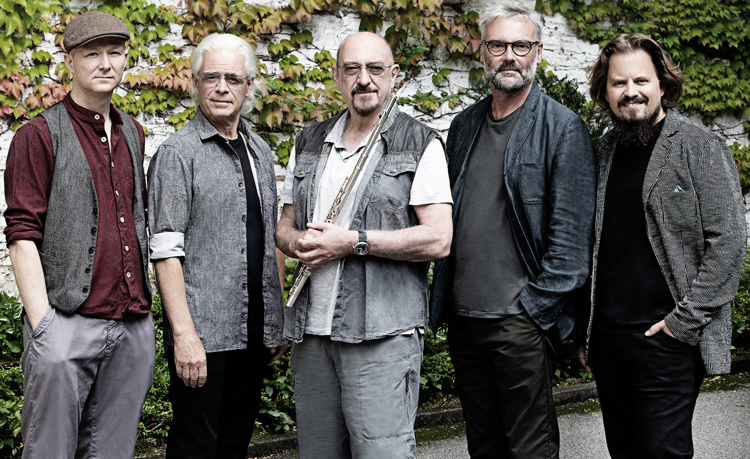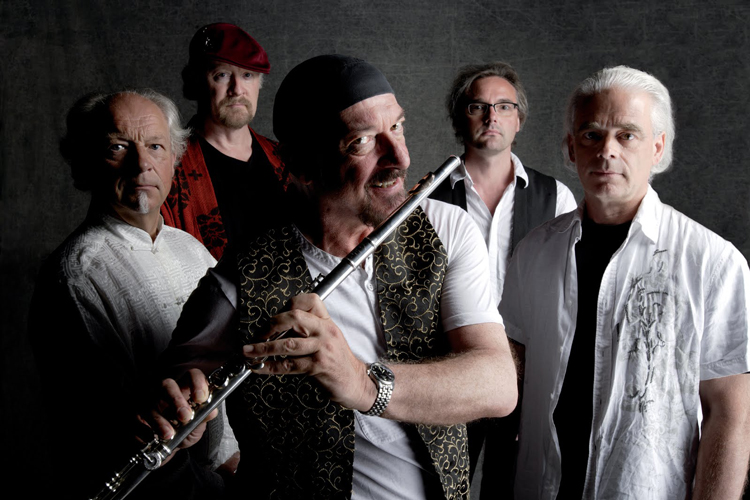In the late 1960s, Ian Anderson (born August 10, 1947), an Englishman, abandoned his desire to become a painter and left home for London to pursue a career in music, taking with him a tattered coat gifted by his father. Anderson had played the guitar in a group that performed James Brown, Georgie Fame, and Howlin’ Wolf.
With other Northern émigrés, he joined a seven-piece blues band known as The John Evan Band or The John Evan Smash, performing with musicians such as Aynsley Dunbar, Fleetwood Mac, and John Mayall. Anderson played the flute and sang while struggling for work.
The band eventually regrouped, adopted the name Jethro Tull from an English farmer, and recorded their first album, This Was. Despite personnel changes, the group continued to struggle with self-confidence and accumulated a £90,000 debt after a disastrous concert in New York City.
Anderson’s songs drew inspiration from their difficult experiences and explored the role of popular musicians in contemporary society. Anderson eventually met composer/arranger David Palmer, leading to the release of two albums, Stand Up and Benefit.
The band’s popularity increased as Anderson’s stage performances became more flamboyant. They transitioned to prolonged studio recordings and released concept albums Aqualung and Thick As A Brick that appealed to progressive rock fans. These were followed by Living in the Past, which was a collection of individual songs composed over the years.
A Passion Play was performed as an orchestrated stage show and reached number one in the United States of America. War Child, Minstrel in the Gallery, M.U., and Too Old to Rock ‘n’ Roll, Too Young to Die followed, highlighting Anderson’s unyielding perspective.
The band in 2021 included Ian Anderson – Flute, acoustic guitar, harmonica, vocals; Joe Parrish-James – Guitar; Florian Opahle – Guitar (album only); Scott Hammond – Drums; John O’Hara – Piano, keyboards, and accordion; and David Goodier on bass.The band in 2021 included Ian Anderson – Flute, acoustic guitar, harmonica, vocals; Joe Parrish-James – Guitar; Florian Opahle – Guitar (album only); Scott Hammond – Drums; John O’Hara – Piano, keyboards, and accordion; and David Goodier on bass.

In 2021, Jethro Tull announced details for the group’s first studio album of new material in over 18 years, titled The Zealot Gene. Looking back on the unexpected disruption caused by the Coronavirus pandemic that ultimately ended the band’s touring plans, Anderson said: “It was so sudden. Amidst the concerns and warnings of the scientific community and a few more enlightened politicians, we all retreated in disbelief to our homes to wait out the storm.”
The Zealot Gene was eventually released in January 2022. It reached #9 in the UK album charts, a feat the band hadn’t reached since 1972; it also debuted at #4 in Germany, #3 in Switzerland, #5 in Austria, #8 in Finland, as well as top 10 in the US Album Charts, Current Album Charts and Rock Album Charts.
Jethro Tull announced the release of their 23rd studio album, RökFlöte in February 2023. The 12-track recording explores the various principal deities from the bygone era of Norse paganism, while also delving into the sonorous intricacies of the iconic ‘RökFlöte’ – a veritable rock flute – for which Jethro Tull is famed.
In 2025, Jethro Tull revealed a new album titled Curious Ruminant. Anderson’s writing here is often on a more personal level of lyric content. Some songs were crafted from unfinished instrumental demos made some years ago. Aside from the signature flute solos and melodies, accordion, mandolin, acoustic and tenor guitars appear on several tracks as well.
Discography:
This Was (1968)
Stand Up (1969)
Benefit (1970)
Aqualung (1971)
Thick as a Brick (1972)
A Passion Play (1973)
War Child (1974)
Minstrel in the Gallery (1975)
Too Old to Rock ‘n’ Roll: Too Young to Die! (1976)
Songs from the Wood (1977)
Heavy Horses (1978)
Stormwatch (1979)
A (1980)
The Broadsword and the Beast (1982)
Under Wraps (1984)
Crest of a Knave (1987)
Rock Island (1989)
Catfish Rising (1991)
Roots to Branches (1995)
J-Tull Dot Com (1999)
The Jethro Tull Christmas Album (2003)
The Zealot Gene (2022)
RökFlöte (2023)

